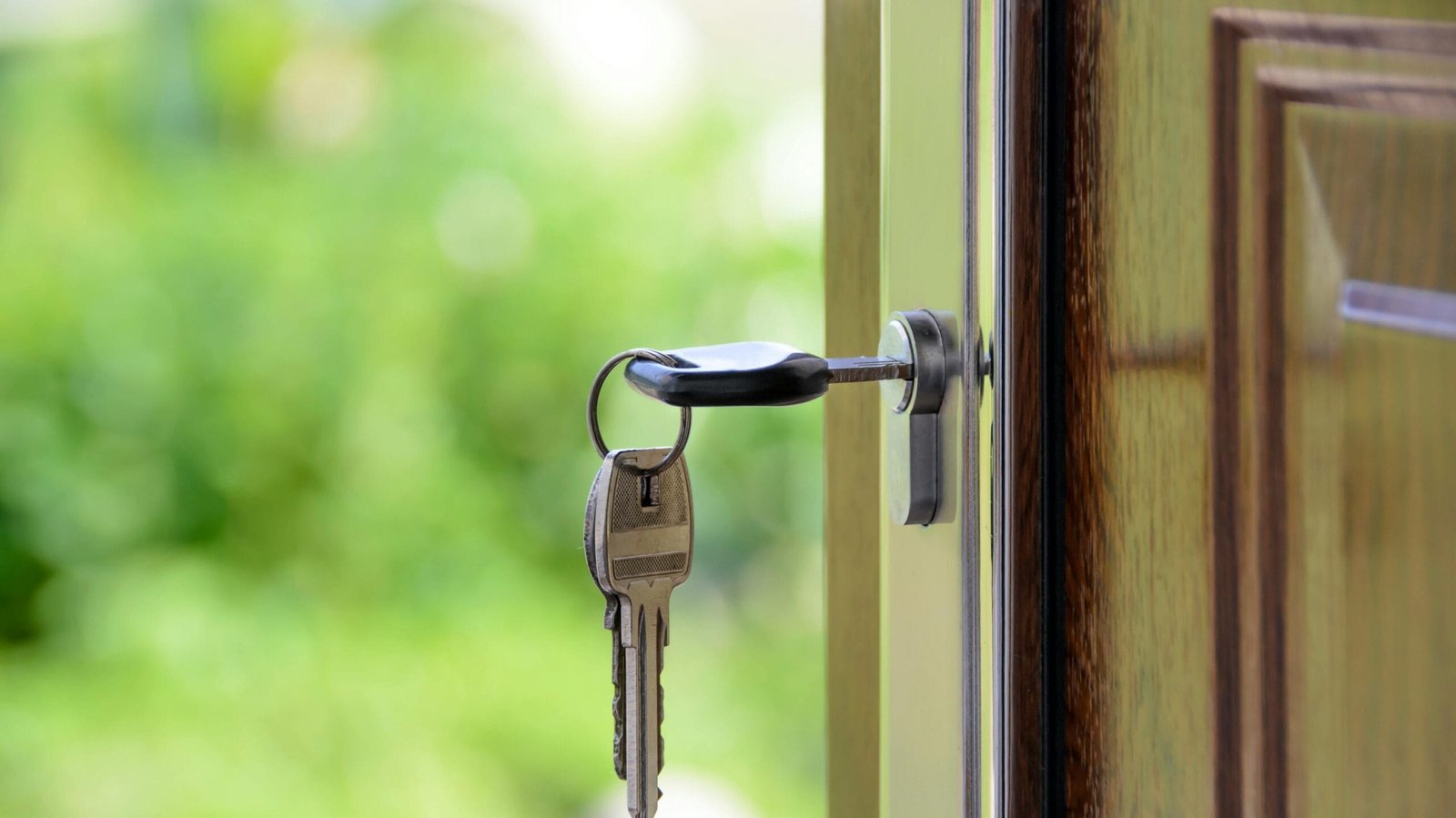
Evicting a tenant is just one part of the process—after the tenant vacates, landlords must properly manage the vacant property to protect their investment and prepare it for the next tenant. A neglected property can lead to maintenance issues, security risks, and financial losses.
In this guide, we’ll cover the best practices for handling a vacant property post-eviction to ensure a smooth transition and minimize risks.
1. Inspect the Property Immediately
Once the tenant has vacated, conduct a thorough inspection to assess the condition of the unit. Look for:
✔ Unpaid utility bills – Ensure there are no outstanding dues.
✔ Property damage – Identify any repairs needed.
✔ Left-behind belongings – Document and notify the tenant (if applicable).
✔ Signs of illegal modifications – Ensure no unauthorized changes were made.
💡 Tip: Take photos and videos as evidence in case of future disputes.
2. Secure the Property
Vacant properties are at risk of trespassing, theft, and vandalism, so landlords should take immediate steps to secure the unit:
🔒 Change the locks and access codes to prevent unauthorized entry.
🔦 Install security cameras or hire a monitoring service if necessary.
💡 Ensure outdoor and common-area lighting is functional to deter trespassers.
🚪 If the property is in a building, inform building security that it is vacant.
3. Handle the Security Deposit (If Applicable)
If the tenant left the property in good condition, the security deposit should be refunded after deducting any necessary repairs. However, if there are damages beyond normal wear and tear:
📋 Prepare a deduction report detailing the repairs.
📸 Provide photographic evidence to justify deductions.
📜 Follow Dubai’s rental dispute process if the tenant contests deductions.
4. Conduct Necessary Repairs & Maintenance
Before renting out the property again, address any damages or maintenance issues.
🛠 Check plumbing & electrical systems – Fix leaks, faulty wiring, or power issues.
🎨 Repaint walls if there are stains, scratches, or discoloration.
🧹 Deep clean the property to remove odors and dirt.
🛏 Replace or repair fixtures like doors, cabinets, or flooring if needed.
💡 Tip: A well-maintained property attracts better tenants and allows you to justify higher rent prices.
5. Update the Ejari Registration
Ejari registration is mandatory for rental agreements in Dubai. Once a tenant leaves:
✅ Cancel the previous Ejari contract to remove the old tenant’s records.
✅ Ensure all previous bills are cleared before re-registering the property.
✅ Register a new Ejari contract once a new tenant is found.
Failing to update Ejari can cause legal complications with future leasing.
6. Decide Whether to Sell or Re-Rent the Property
After eviction, landlords must decide whether to:
🏡 Re-rent the property – Find a new tenant to generate rental income.
🏠 Sell the property – If the market is favorable, selling might be a better option.
Considerations for re-renting:
✔ Is the demand for rental properties high in your area?
✔ Can you adjust the rent to attract new tenants?
✔ Do you need to renovate first?
Considerations for selling:
✔ Is the property value increasing?
✔ Are there legal or financial reasons to sell?
✔ Would the sale offer better returns than renting?
7. Market the Property to New Tenants
If you choose to re-rent, start the tenant search as soon as possible to avoid extended vacancy periods.
📢 List the property on popular Dubai real estate platforms.
🖼 Use high-quality photos and detailed descriptions.
📅 Schedule viewings with potential tenants.
📑 Screen tenants carefully to avoid future eviction issues.
💡 Tip: Work with a property management company to handle listings, tenant screening, and lease agreements.
8. Monitor the Property Regularly Until It’s Occupied
If the property remains vacant for an extended period, periodic inspections are essential to:
🔍 Check for leaks, mold, and pest infestations.
🧹 Ensure dust and debris don’t accumulate.
🏡 Keep landscaping and exterior areas maintained.
🚪 Ensure doors, windows, and security systems are functioning properly.
💡 Tip: If you don’t live near the property, hiring a property management service can ensure regular monitoring.
Final Thoughts
Managing a vacant property after eviction requires careful planning and proactive management to avoid risks and financial losses. By securing the property, completing maintenance, updating Ejari, and marketing it effectively, landlords can ensure a smooth transition to the next tenant or sale.
If you need help with eviction notices, tenant disputes, or property management services in Dubai, consult a rental law expert or a professional property management firm.